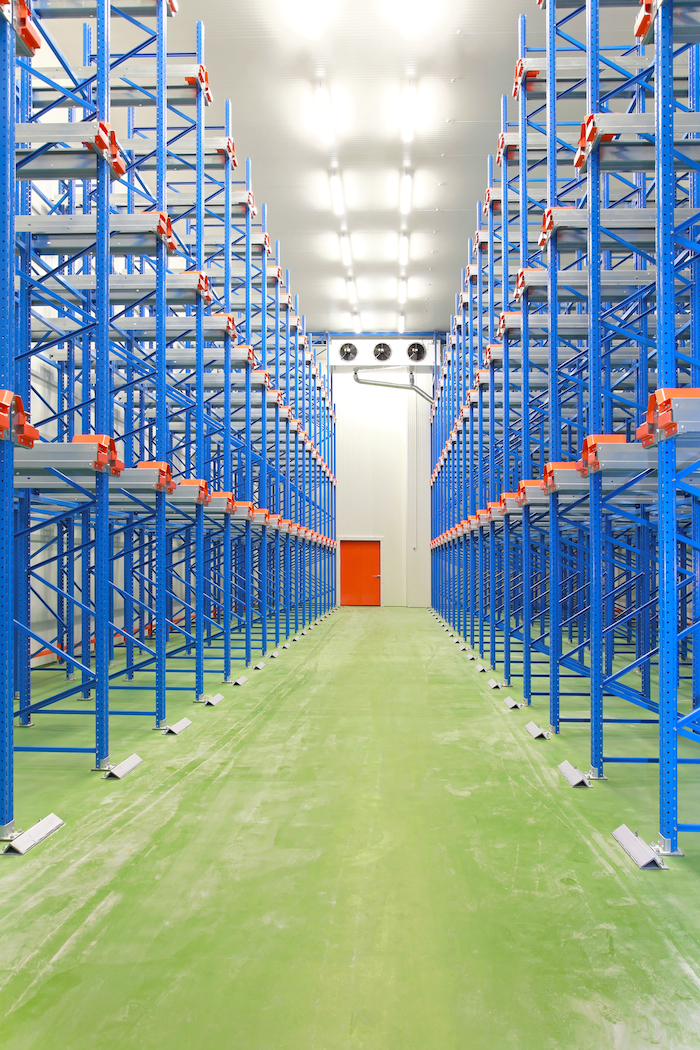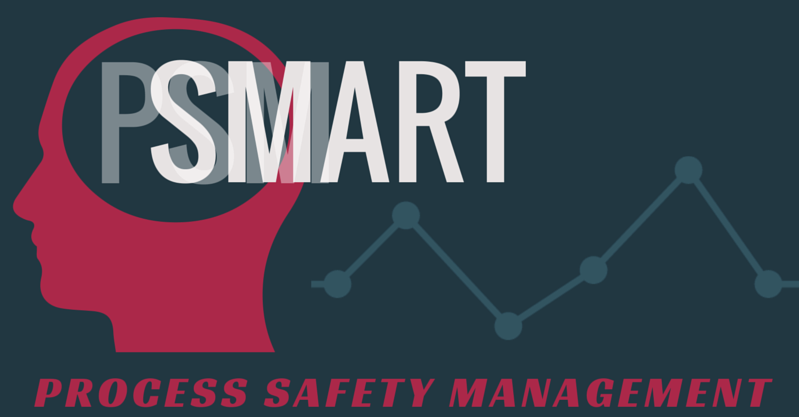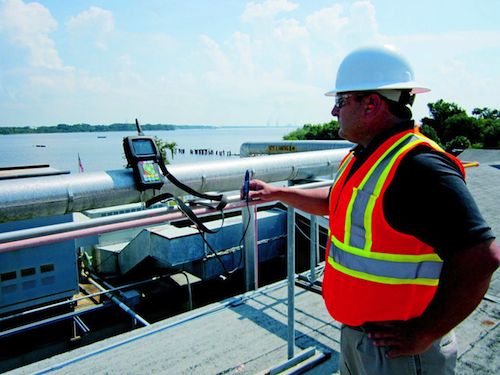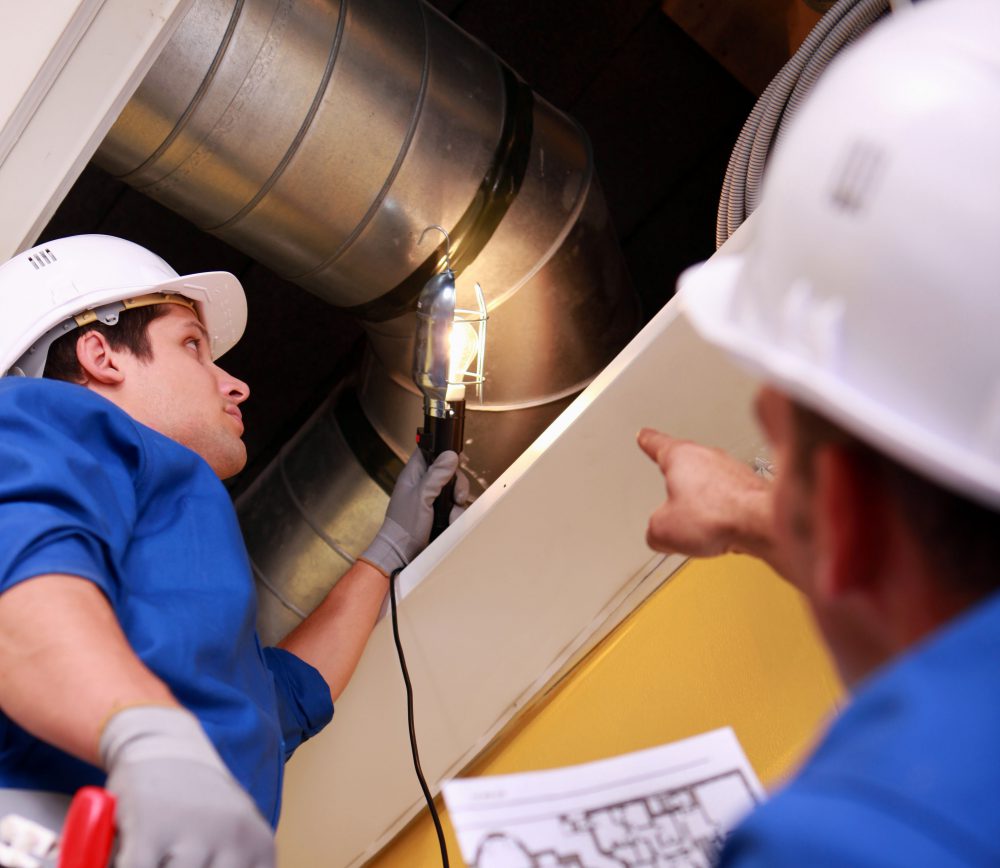[Infographic] Refrigeration Compressor Red Flags
Lately, we’ve focused on refrigeration compressor packages, blogging about everything from mistakes you may be making with your daily logs to which factors you need to check regularly. This week, we provide an infographic to help you identify red flags that may signal compressor health issues.
Continue Reading “[Infographic] Refrigeration Compressor Red Flags”


![[Infographic] Refrigeration Compressor Red Flags](https://stellarfoodforthought.net/wp-content/uploads/2023/06/REP-stellar-infographic.jpg)








